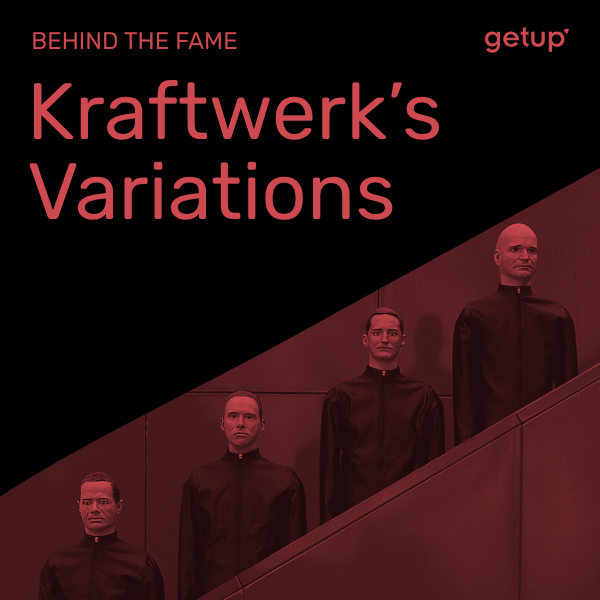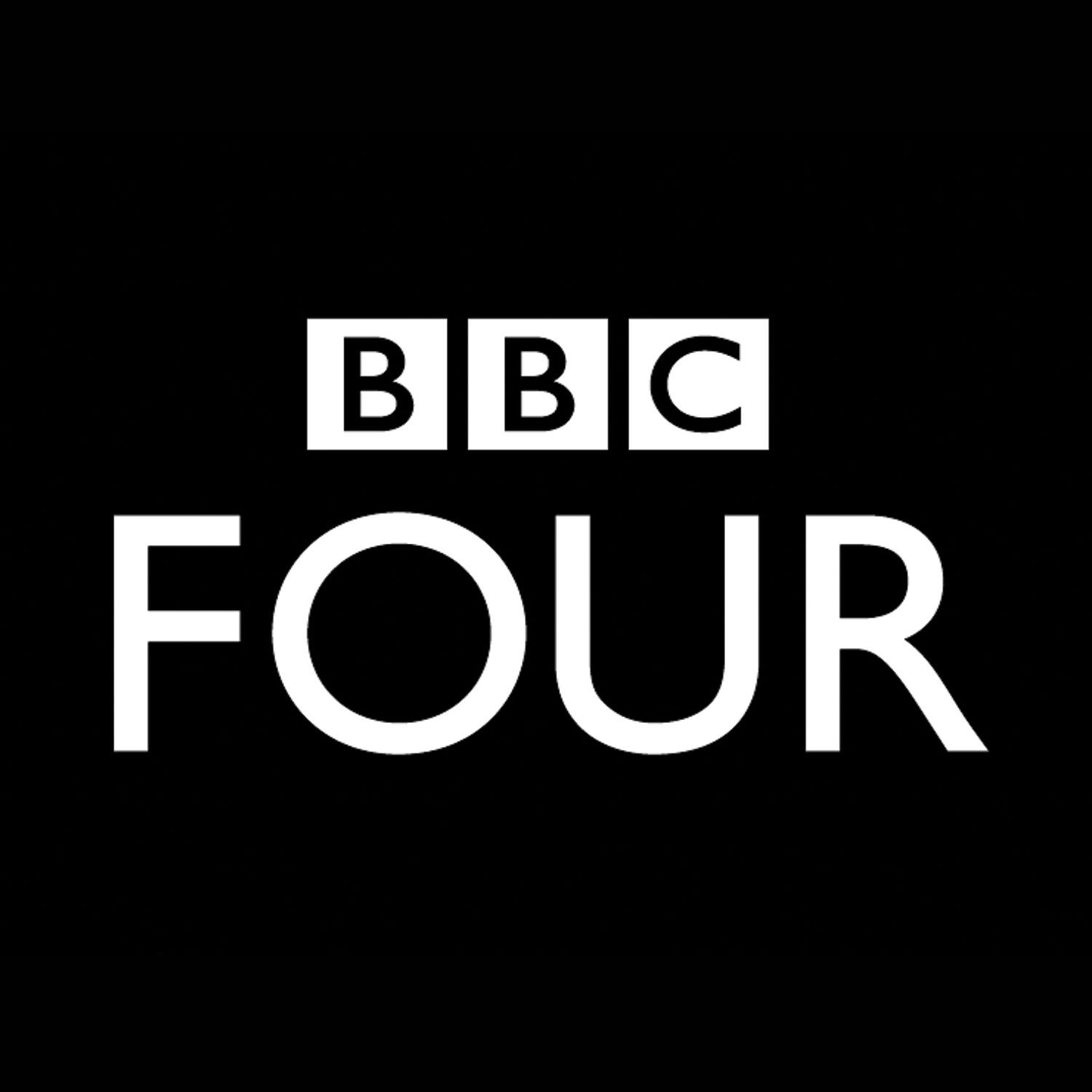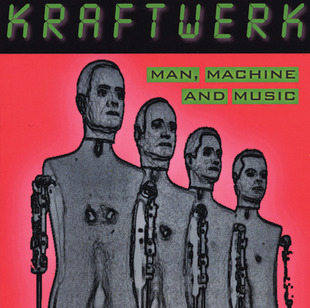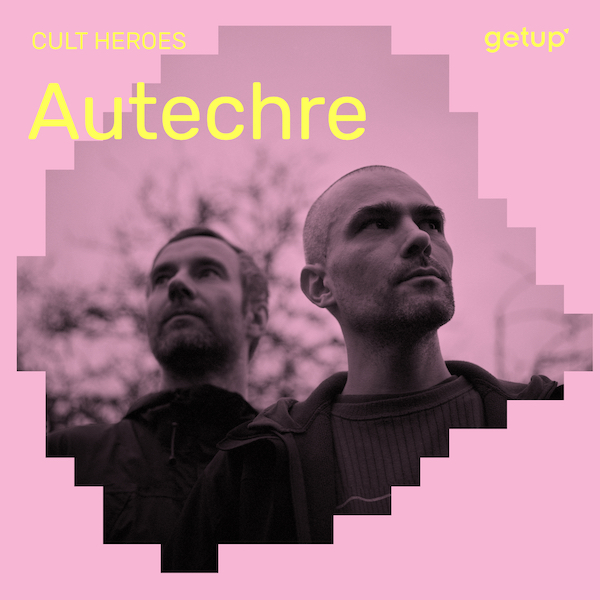Kraftwerk need no introduction: the Dusseldörf-based quartet formed in 1970, with main brains Ralf Hütter and Florian Schneider. New-wave, hip-hop, house, techno... time eventually gave testament to those who considered the group as the most influential of the last century. However, the critics of the time had marginalized them. Lester Bangs, for example, likened Kraftwerk to “the final solution to the problem of music”. A sensitive and audacious metaphor when you know that the quartet claimed their German nationality!
Their compositions evoke post-war Europe’s urban and technological way of life (car and train travel, computers, telephones, etc.) wrapped in a futuristic spirit yet tainted with a certain nostalgia for modernism (Dadaism, Bauhaus, constructivism). Thus their art is conjugated in some kind of “future perfect” tense: a temporality that both leans towards the future and plunges back into the past.
Always stripped down and laid bare, their lyrics take a candid and critical stance facing the modern world. Somehow, much like Andy Warhol, who you could not be sure if he was sincerely praising Coca-Cola, or if he was trying to make us disgusted by it. Kraftwerk’s music is no longer an expression of a composers’ feelings but a reflection of their time, a “cold” analysis of our everyday life.
In 1978, Ralph Hütter said, “How can you work inside a studio, with amplifiers, speakers, tape recorders, and write a song about horses and girls in the plain? It’s an evasion. We want to be realistic and be more aware in the midst of our reality.” This was an ethical pact: to make a tautological music, in other words, a music that must take into consideration the way it is produced: with machines played by “The Man-Machine”.
For sure, technological development is at the heart of the band’s creative process. From 1986 and for the next fourteen years, the band stopped releasing original material (*) and has favoured, with The Mix (their transition from analog to digital released in 1991), reworking, restructuring and constantly updating their former compositions. Minimum-Maximum was the account of their extended 2004 tour, and 3D Catalogue (released in 2017) covered the eight albums of the band performing them in concert between 2012 and 2016.
This playlist is an exploration of this process of “variation”, and also to the practice of covering undertaken by other musical formations. It should be noted that the Kraftwerkian melody, always essential and minimalist, perfectly stands being immersed into completely different genres (Gothic, surf rock, classical, salsa...).
(*) even though bootleggers know that some of their live performances were unoffically containing new material.







